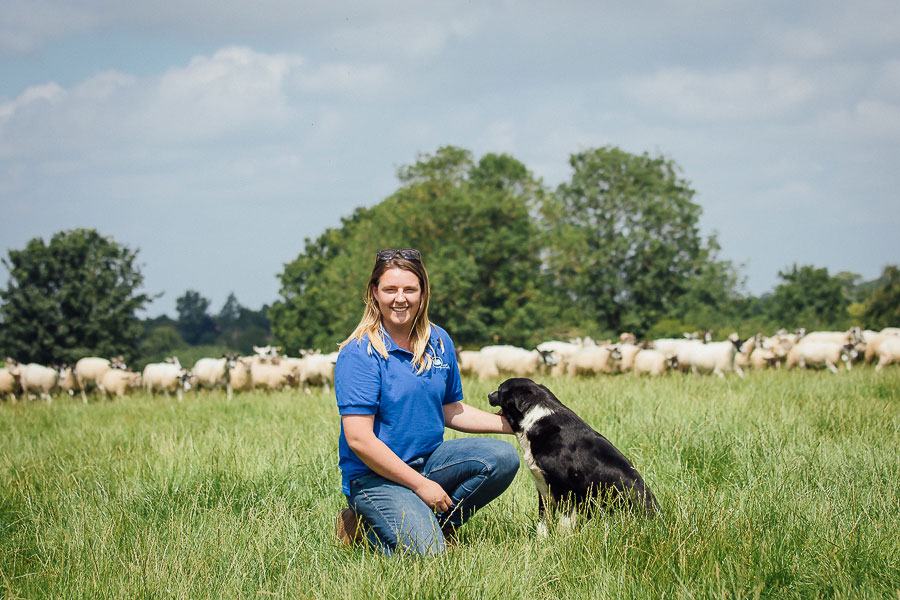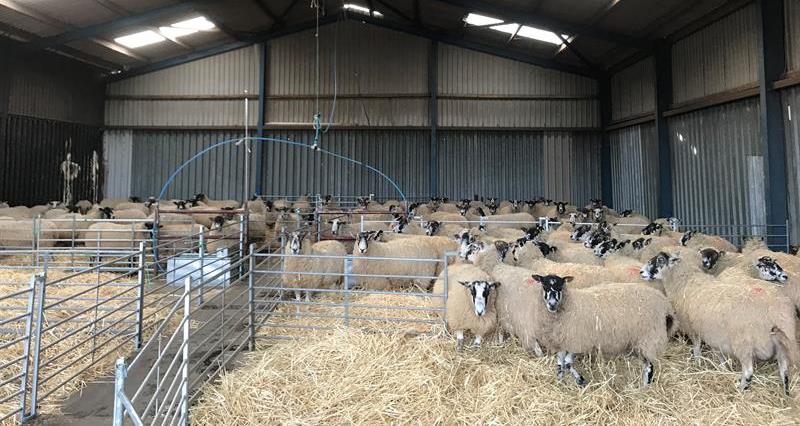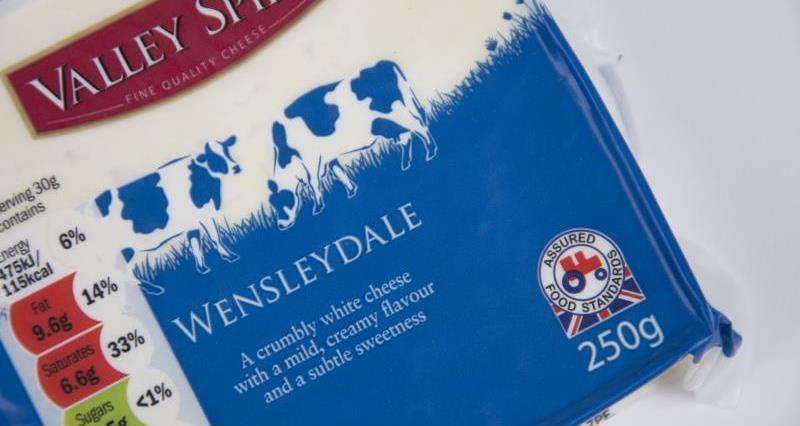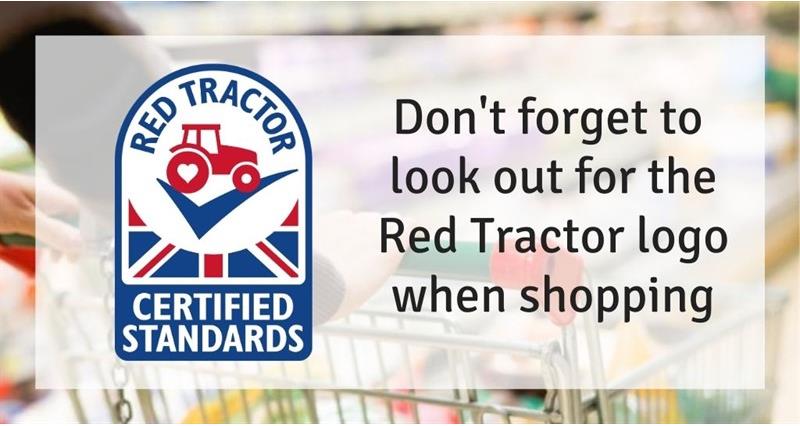I’ve spent most of my time since graduating driving combine harvesters in Australia. I saw a lot of farms while I was away and it made me realise what it means when we’re told that the UK has some of the highest standards of animal welfare in the entire world. Now I’m not saying that I’ve seen poor animal husbandry, but British farmers comply with standards that other countries simply don’t have. Medicines can’t be administrated to animals and chemicals can’t be applied to crops without detailed records being kept, ensuring responsible use. As well as the basic level of responsibility that all farmers have for their animals, the Red Tractor scheme includes additional measures to enhance the lives of farm animals, such as the living space that allows them to express natural behaviour and farm health plans designed to prevent disease and injury. When first introduced it was seen to be a large amount of paperwork that made little difference to the already high standards of animal welfare, but now is taken in the stride of farmers as part of their day to day routine.

Charlie was born and bred on her family's farm in north Warwickshire. She says that while farming isn’t an easy career option by any stretch of the imagination, the challenge to improve our sustainability and productivity is part of the enjoyment.
Animal welfare in practice
A standard day for me starts with checking the cattle and sheep, arguably the most important job of the day. We check for any animals that may be sick, injured or even stuck (sheep can get themselves into the most incredible places, I just wish they would get themselves out again!) so that we can get them sorted out as soon as possible. Over winter the cattle are housed, although this isn’t to protect them from the weather as many people may believe. Cattle are hardy animals that will grow a thick coat if left out over winter, but unfortunately our grassland won’t withstand it. The cold causes grass growth to slow or even stop, and the cattle would soon have it completely churned up in the wet weather!
We also bring the ewes inside in February so that we can keep a much closer eye on them as they lamb. A couple of days after they’ve lambed, providing both the ewe and her lambs are strong enough, they’re turned back out into the fields. This may seem a little harsh, turning a new lamb outside in the cruel weather of February, but it’s actually the best place for them. The warm, damp straw in the shed is a perfect breeding ground for bacteria, no matter how often we refresh the bedding. Plus, having a mum with a big woolly jumper and built-in milk bar is perfect for keeping warm!

Charlie explains that ewes are brought indoors for extra care during lambing.
Look out for the Red Tractor
The Red Tractor logo that can be found on a large proportion of British produce is a mark of quality that covers animal welfare, food safety, traceability and environmental protection. It ensures that farm animals receive the best care and that the countryside and wildlife aren’t compromised in favour of increasing farm production. Post-World War II, farmers were paid to produce high levels of food to secure supply, but the decades of intensive farming took its toll on the environment and so policies changed to repair this damage. Today, farmers face the pressure of meeting the rising demand for food while still looking after the environment. Government policies now include environmental schemes that offer financial incentives to encourage farmers to maintain and improve the countryside, by looking after water quality, wildlife habitats and enhancing the landscape.


No other country in the world has schemes as thorough as ours, which is why UK agriculture is seen as some of the most sustainable and environmentally friendly farming in the world. So the next time you go to grab foreign meat or produce off the shelf in your local supermarket, maybe just take a second to consider what you’re paying for and why British really is best.
Look out for more from Charlie during Love Lamb Week, 1-7 September 2019.
Charlie Beaty is a third generation farmer from Warwickshire where she and her family farm cattle, sheep and crops. Follow Charlie on Twitter - @GTFarmGirl and Instagram - globetrottingfarmgirl
Thanks to AHDB for pictures of Charlie on farm
